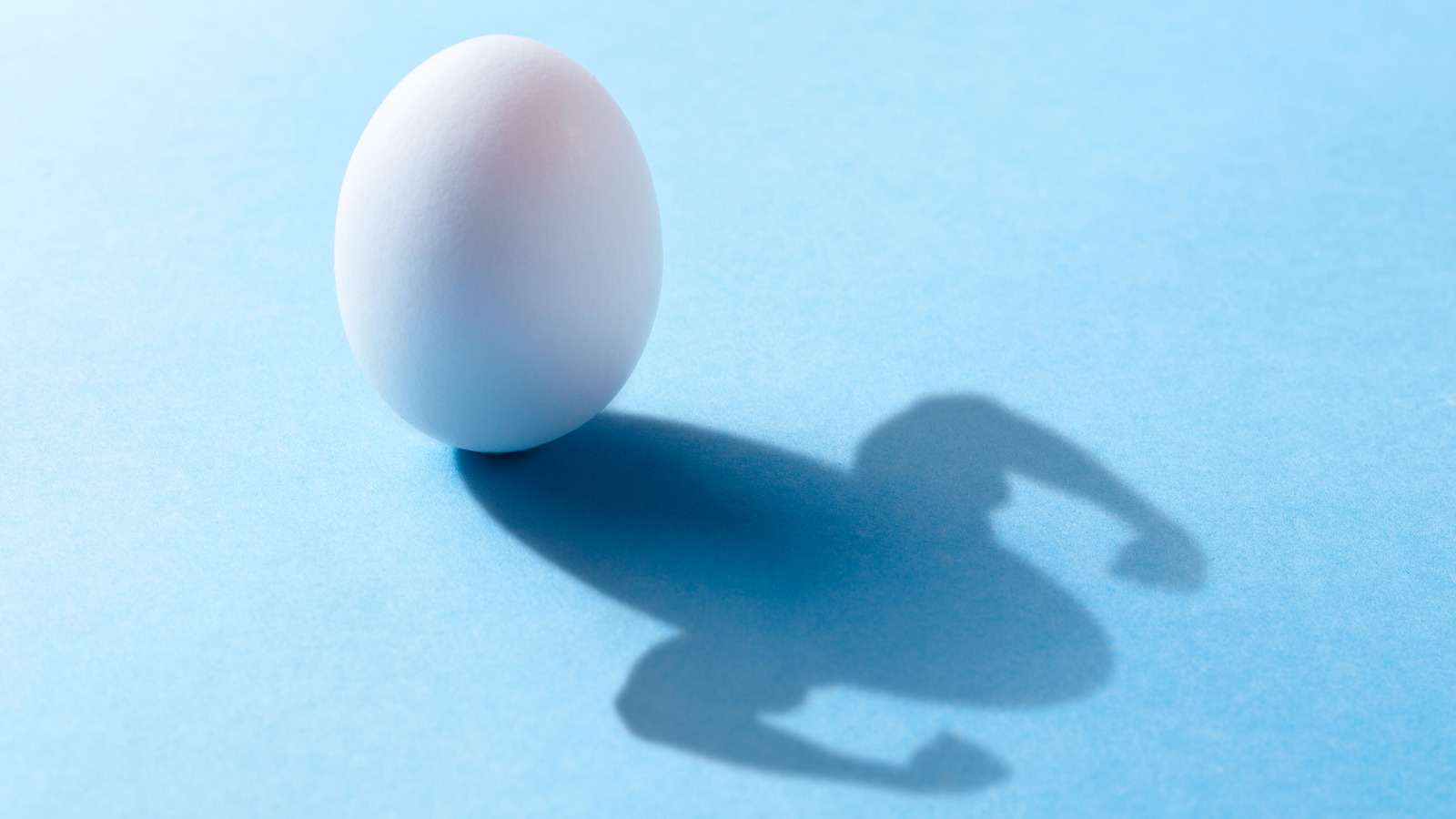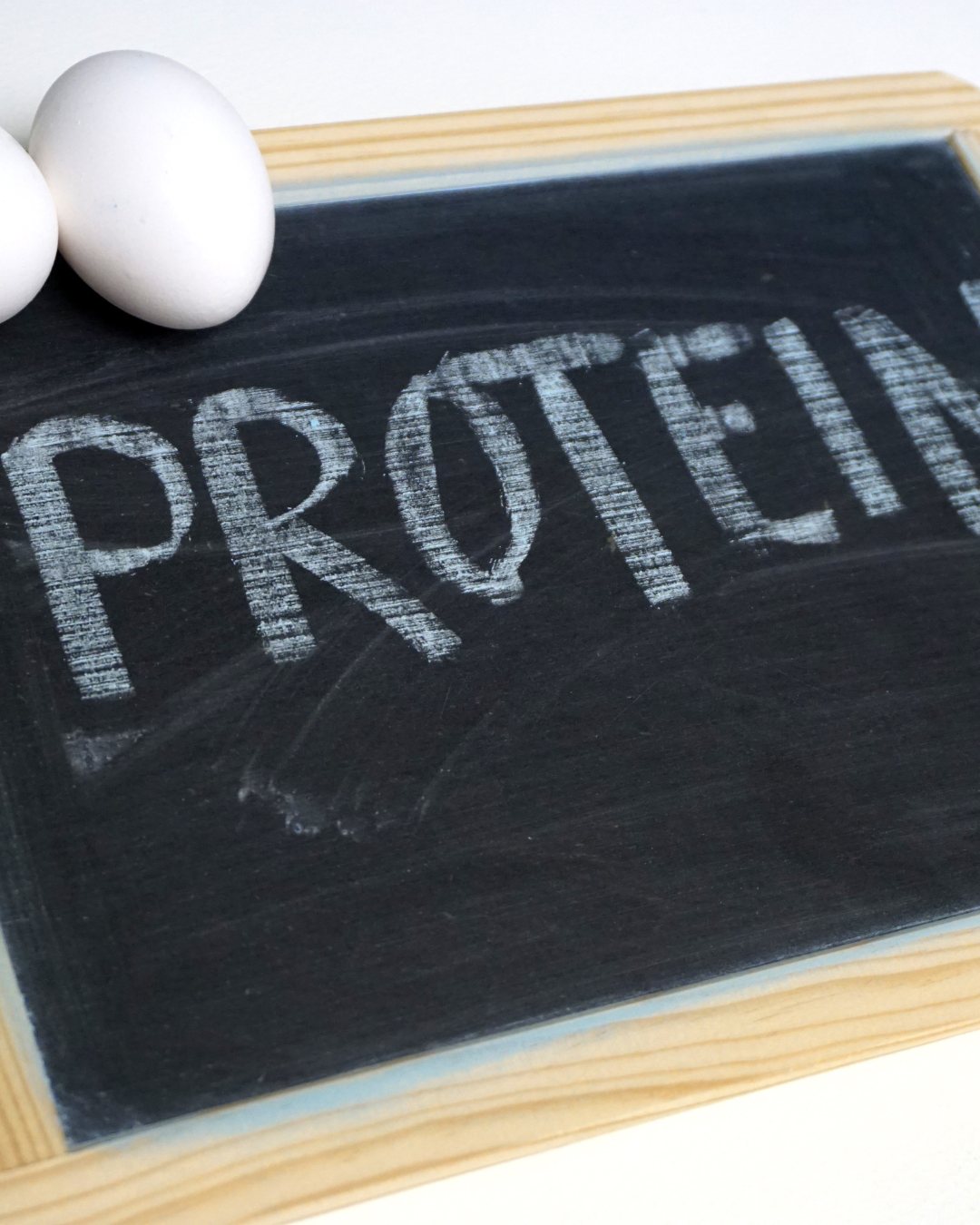Egg whites and egg yolks offer different nutrients, so to get the full 14 nutrient package, it’s best to eat the whole egg. Just how does the nutrition profile of egg whites and egg yolks vary? Take a look.
Egg whites:
- Half the riboflavin
- Half the “hunger-curbing” protein
Egg yolks:
- Half the protein
- Fat
- Cholesterol
- Iron
- Phosphorus
- Vitamin A
- Vitamin D
- Vitamin E
- Vitamin B12
- Folate
- Selenium
- Choline
- Lutein
- Zeaxanthin
Wondering about the cholesterol in the yolk? Studies show that for healthy people (no history of diabetes, heart disease, or high blood cholesterol) eating an average of one egg per day (or seven eggs per week) does not increase the risk of heart disease. Some of the best ways to keep a healthy cholesterol level are to:
- have a healthy body weight;
- avoid smoking;
- exercise regularly and;
- follow Canada’s Food Guide including avoiding trans fats from processed foods.






